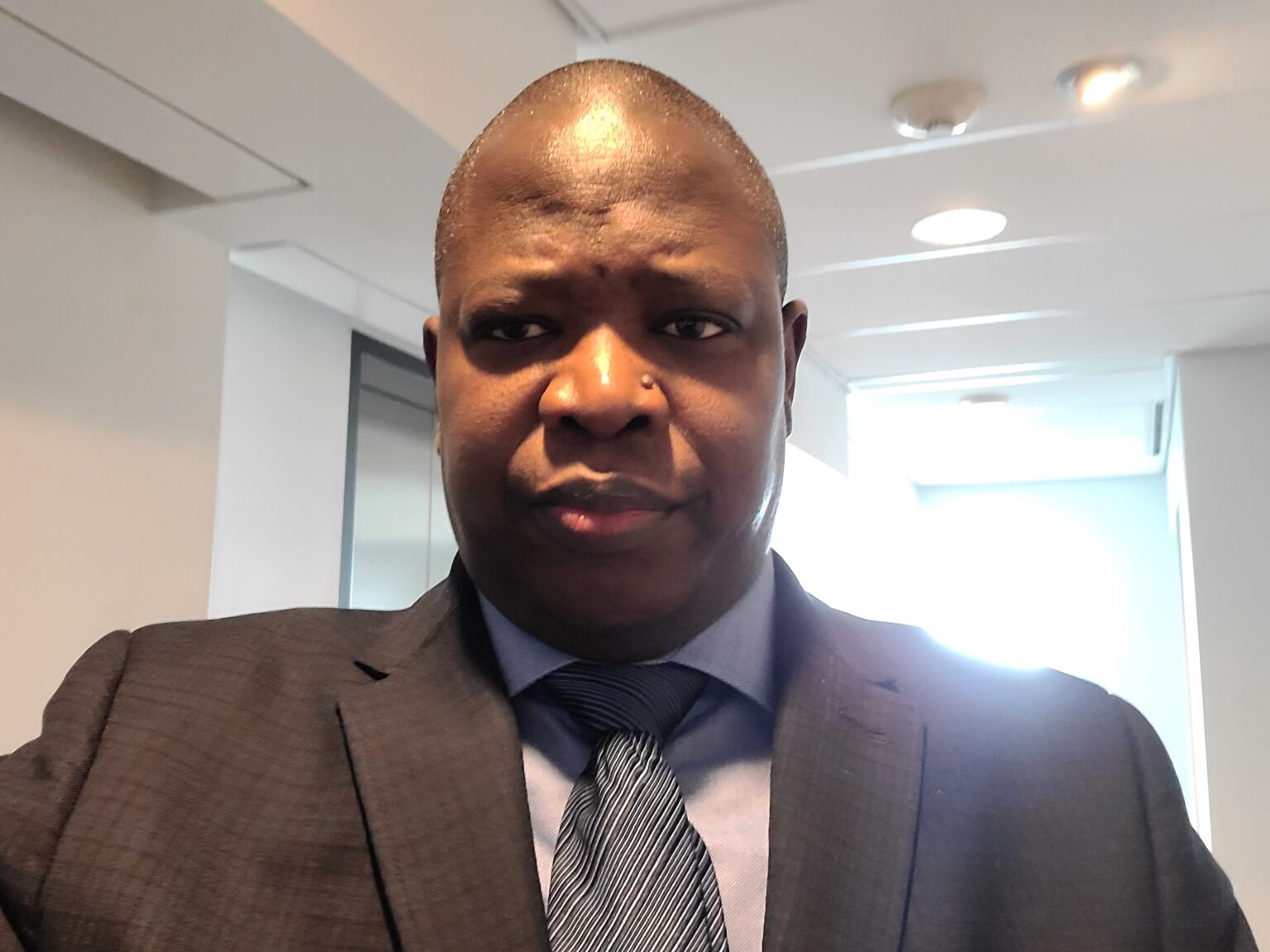Dr. Ibrahima Gassama is a sustainability specialist and economist with more than 20 years of experience advancing environmental policy, sustainable development, and socio-economic impact assessment. He holds a PhD in Ecological Economics and Sustainable Development from Université Paris-Saclay and Université Laval, and is a certified Environmental Professional (EP) in Sustainability.
His career spans leadership roles across several Quebec ministries, including Public Security, Transportation and Sustainable Mobility, Energy and Natural Resources, and Forests, Wildlife and Parks. He has led strategic initiatives on sustainable mobility, circular economy, forest management, climate change, and performance indicators for government programs. At CNESST, he served as Sustainability Officer, embedding sustainable practices and circular economy principles within a major public institution.
Beyond government service, Dr. Gassama teaches sustainability, environmental economics, project management, and social and environmental impact assessment as a visiting professor at universities in Senegal and France. He has also worked as a consultant for African governments on sustainable development projects supported by international organizations such as USAID, the World Bank, and UNDP. He also supports environmental education initiatives in primary schools across several African countries. In his role as Executive Director of the Festival du cinéma Plan d’Ensemble de Châteauguay, he successfully organized two eco-responsible editions of the Festival, highlighting his commitment to integrating sustainability into cultural and community initiatives.
A recipient of Canada’s Black History Month Award (2023) and UNESCO’s Excellence Scholarship, Dr. Gassama is passionate about bridging economics, governance, and sustainability to drive systemic change.

In the spirit of respect, reciprocity, and truth, we acknowledge that we live, work, and gather on the traditional territories of the peoples of Treaty 7, including the Blackfoot Confederacy—comprising the Siksika, Kainai, and Piikani Nations—as well as the Îyâxe Nakoda and Tsuut’ina Nations.
This land, known as Moh’kinsstis in the Blackfoot language and encompassing what is now Districts 5 and 6, is also home to the Métis Nation of Alberta, Region 3, within the historical Northwest Métis homeland.
We recognize and honour the deep connection these Nations have to the land, and we are grateful for the opportunity to share in its stewardship.
As we continue our work, we commit to learning from Indigenous knowledge systems, uplifting Indigenous voices, and fostering relationships rooted in equity, understanding, and reconciliation.
Showcase Your Leadership in Sustainability | Become an ECO IMPACT 2026 Sponsor